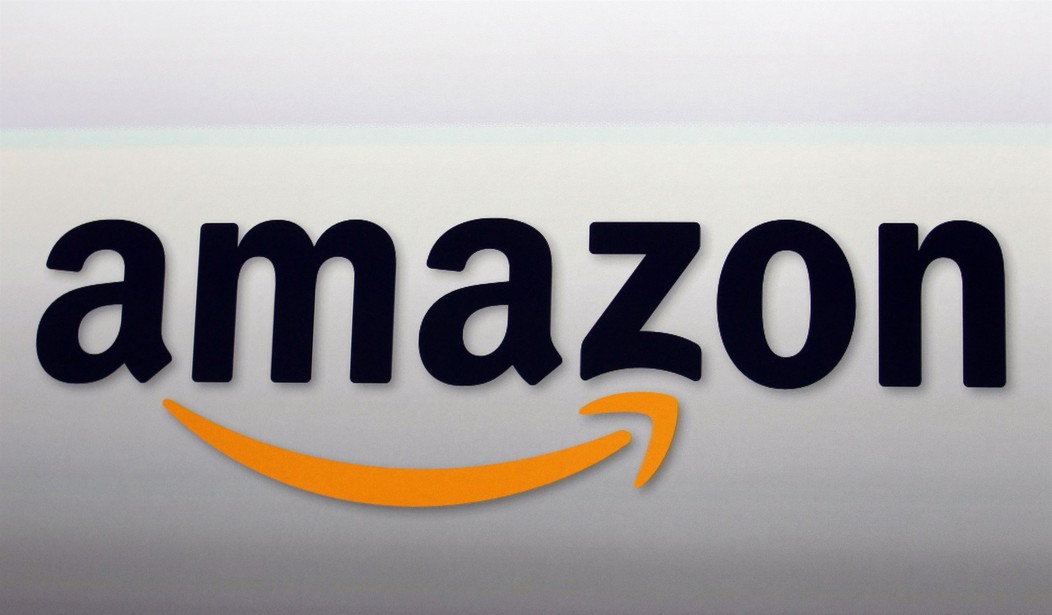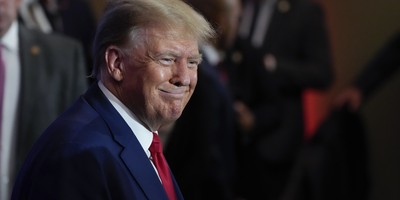For years now, we have heard the urban legends about Amazon’s rise to power. Back in the 1990s, a visionary Jeff Bezos saw the potential in selling books on the Internet, drove cross-country with his wife, found a warehouse in Seattle, hooked it up to a modem, and the rest is a great American success story. Along the way, the company expanded its platform beyond book retail to everything retail and grew a successful cloud computing platform to boot. Today, Amazon and Bezos are rightly lauded for their business acumen and relentless customer focus. Bezos grew to be so personally wealthy that he later divorced Mrs. Bezos, lost half his fortune in the process, and still remains one of the world’s wealthiest men. In the Gilded Age, a man that wealthy would have been referred to as a Robber Baron along the lines of Andrew Mellon and JD Rockefeller. Back then, a Robber Baron inevitably attracted antitrust scrutiny from either the Federal Trade Commission or the Antitrust Division at the Department of Justice. But somehow Jeff Bezos has managed to avoid this scrutiny. That is, until now.
Last week, the Wall Street Journal broke a well-sourced story about how Amazon has quietly used data from marketplace sellers on its platform to compete with and undercut those same sellers, many of which are small mom-and-pop businesses. According to the report, Amazon employees have at times accessed data from Amazon marketplace sellers to help decide which products Amazon would private label and sell under its own name. To make matters worse, when an Amazon lawyer was asked whether the company does this at a congressional hearing last year, the lawyer flatly rejected the allegation - under oath.
According to the Supreme Court, it is OK to be a monopolist like Amazon if you do not exercise market power so as to control prices or exclude competition. Antitrust law does not regard as unlawful having market power where it is the result of “superior skill, foresight, or industry.” At one time, at least according to urban legend, Jeff Bezos embodied all three of these attributes. But can the same be said of Amazon today? If the Wall Street Journal journalists and the brave Amazon marketplace sellers who spoke to them are correct, Amazon must surely be in line for antitrust scrutiny for its conduct.
Recommended
How so? Well, there is nothing superior or skillful about ripping off ideas and products created by others — and using their own data to do so. Amazon’s words and deeds here — deceiving competitors and lying to Congress about it — are not the words and deeds of superior and skillful entrepreneurs. They are the words and deeds of grifters.
For years now, the Republican antitrust establishment and its Chamber of Commerce cheerleaders have told non-experts like me that the kind of conduct Amazon engaged in was fair game so long as consumers benefited from it in the form of lower prices. They call this the “consumer-welfare standard,” and it is the reason why antitrust has become increasingly meaningless to most Americans — even most Republicans. In truth, there is nothing in the antitrust statutes (or even the congressional record) even alluding to the consumer-welfare standard, much less telling the courts and the antitrust agencies to use it.
Despite this, establishment Republicans and Amazon’s supporters at various well-heeled conservative DC think tanks will no doubt leap to the company’s defense. They will argue that under the consumer-welfare standard, there is nothing to see here and we should all just move along. Ironically, they will do this despite the fact that Jeff Bezos would sooner cut off his right arm than see President Trump reelected this year. No matter. Jeff Bezos has money to burn, even on the DC Republican establishment.
But what about the little guy? What about the small Amazon marketplace sellers who, like Amazon’s long-suffering distribution workers, are the forgotten men and women of the internet? They built a better mousetrap only to see it ripped off by Amazon without as much as a how are you. And this is acceptable under the antitrust laws so long as consumers are not impacted?
It is time to see the current antitrust law enforcement regime and the “consumer-welfare” standard for what they really are: Deep State sweetheart deals that benefit Silicon Valley and its latter day Robber Barons.
Mike Davis is the founder and president of the Internet Accountability Project (IAP). He is a former top attorney for the United States Senate Committee on the Judiciary and previously served in the United States Department of Justice. Davis also clerked for Justice Neil Gorsuch, both on the Tenth Circuit and on the Supreme Court.
























Join the conversation as a VIP Member